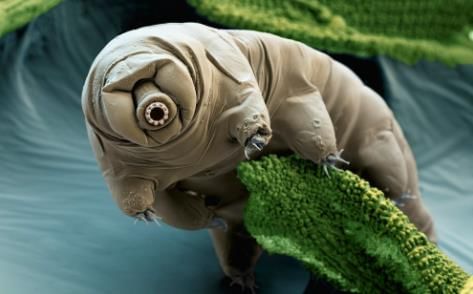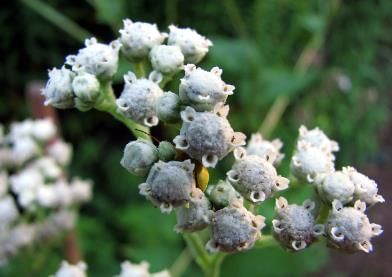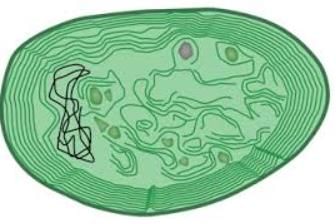Test: Microorganisms : Friend Or Foe (Easy) - Class 8 MCQ
15 Questions MCQ Test - Test: Microorganisms : Friend Or Foe (Easy)
Common tick fever is caused by___________.
Microbes which have adapted themselves so that they can survive and even thrive in conditions that are normally fatal most lifeforms
Quinine, the remedy for malaria is extracted from
A biodegradable insecticide has been obtained from.
Which of these are not included in the prevention of measles?
Which of the following statements is correct about vaccination?
Azolla is used as a biofertilizer as it has
A eukaryotic group that causes serious plant diseases comes under:
Which of the following statement is not true for stirred tank fermentation?
Which of the following statements are correct?
A. Polio vaccine is administered orally.
B. Most of the vaccines is taken intravenously.
C. Common cold communicable and most easily infectious disease caused by viruses.
D. Vomiting, acute diarrhoea, and muscular cramps are the symptoms of cholera.
Which of the following causes chills and fever in malaria?
Name the Living organism which we cannot see by the naked eye.























